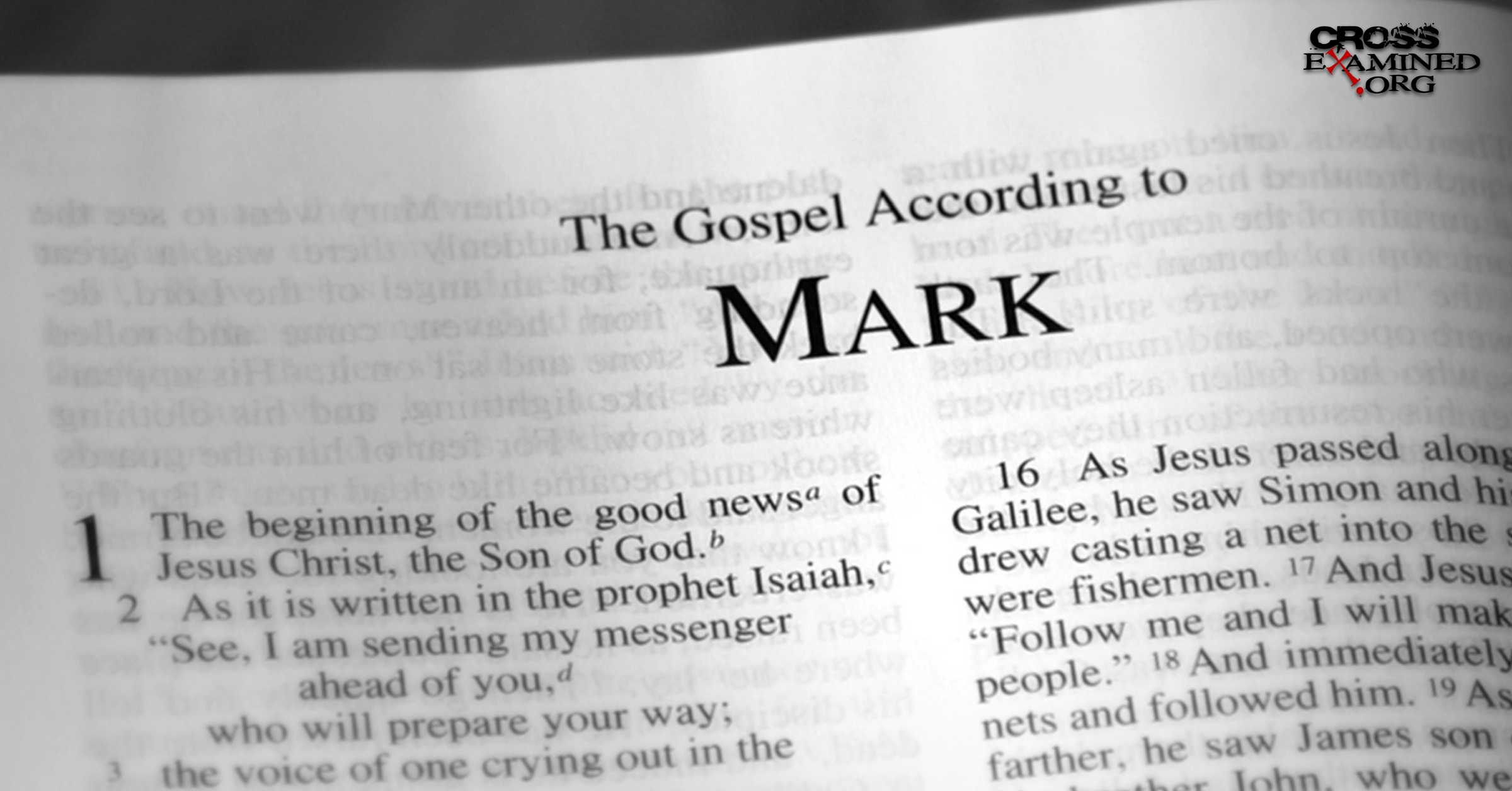Introduction to Year B of the Revised Common Lectionary
I am excited to continue writing and releasing weekly reflections on the Revised Common Lectionary once again. The past couple of months were tough to navigate individually and as a family so I ended up taking a much-needed mental health break from posting weekly to my blog. I have used this time to refocus in preparation for continuing with new vigour in 2024.
In 2023, the Lectionary took us on a journey through the Gospel of Matthew. This was the first year of the RCL known as Year A. In 2024, Year B of the RCL will be taking us primarily through the Gospel of Mark.

The Gospel of Mark
The Gospel of Mark is the shortest of the four Gospels found in our bibles. It is often referred to as the action gospel. This is because its stories are usually short, to the point, and full of action.
Authorship: Although the title suggests that the Gospel was written by someone named Mark, it is generally agreed that it was written anonymously for a gentile audience. The title of Mark given to the book was added at a later date to link it to an authoritative figure who journeyed with Jesus and the early apostles.
Date: Mark is the second Gospel in our bibles, but the biblical books are not laid out chronologically in the order they were compiled. Most scholars believe that Mark is the earliest Gospel that was written, probably around the time of the destruction of the temple in Jerusalem in 70AD. It is generally believed that each of the other three Gospel writers borrowed at least some of their content from the Gospel of Mark.
Purpose: The Gospel of Mark was written with the intention of strengthening the faith of those who already believed that Jesus was the Son of God, not for the purpose of convincing those who did not believe. This makes it the ideal Gospel for us to reflect on in our churches in 2024.
Structure: Mark is split into three main parts. First, Mark 1-8, deals with Jesus' miracles and ministry in Galilee. Mark 9-10 presents Jesus as the Messiah as he navigates the hostile gentile territories and Judea. From Mark 11-16, Jesus and his followers arrive in Jerusalem and Mark's Passion narrative begins.
Themes: Mark's Gospel emphasises the weakness of Jesus' disciples while emphasising the power of God as revealed in Jesus through his teaching, ministry and miracles. Another important theme in Mark is the focus on Jesus as the Son of God, but also on the fact that Jesus never wanted anyone to know this. This is known as The Messianic Secret.
One of the most fascinating facts about Mark is that there are two different endings to the Gospel, with little to no agreement whether the additional ending is authentic and should be included in modern bibles or not. Depending on what version of the bible you use, the Gospel of Mark may end at 16:8, while other versions will continue on to verse 20. Some versions will include the additional verses with a footnote explaining the doubts over their authenticity.
The Season after Epiphany
We will be starting our lectionary reflections for 2024 with the Season after Epiphany. The first reflection will be published tomorrow.
The Season after Epiphany is a short season of the Christian Calendar found between Christmas and Lent. It is sometimes referred to as the Season of Epiphany.
The Season after Epiphany is one of two sections of the Christian Calendar also known as “Ordinary Time.” The other Ordinary Time in the Christian Calendar is the Season after Pentecost. Ordinary Time refers to the two times of the liturgical calendar that falls outside of the two “great” seasons of Christmas and Easter and the preparatory seasons that precede them - Advent and Lent. The word ordinary does not mean mundane, but rather originates from the ordinal numerals that are used to label the liturgical weeks during this time. For example: Proper 11, 17, 31, etc.
The liturgical colour used for the Season after Epiphany is green.
The Season of Christmas ends with the Epiphany of Jesus, celebrated on January the 06th every year. Epiphany translates as revelation. It is the feast day when Christians celebrate the revelation of the incarnation of God in the person of Jesus Christ. The readings for Epiphany focus on the visit of the Magi, symbolysing the revelation of Christ to the Gentiles.
The first Sunday after the Epiphany is Baptism of the Lord Sunday which inaugurates the Season after Epiphany. The last Sunday of the Season after Epiphany is Transfiguration Sunday. The Season after Epiphany ends on Ash Wednesday which begins the following 40-day season of Lent.
The length of the Season after Epiphany varies depending on which day of the year Ash Wednesday falls on. In 2024, Easter is much earlier than usual. Therefore, there are only six weeks during this season.

Comments
Post a Comment